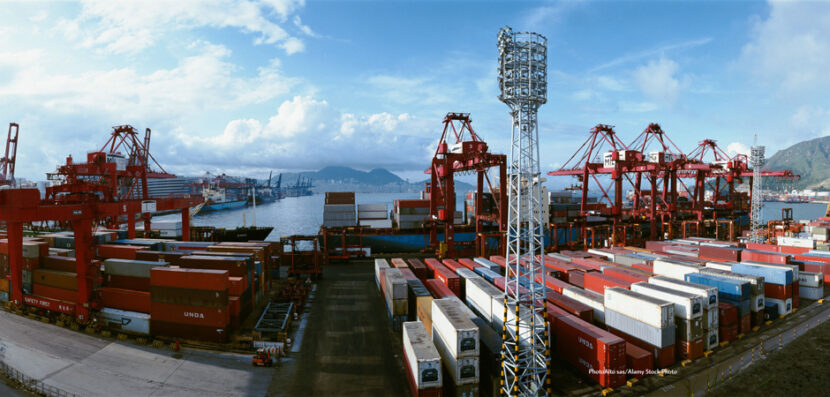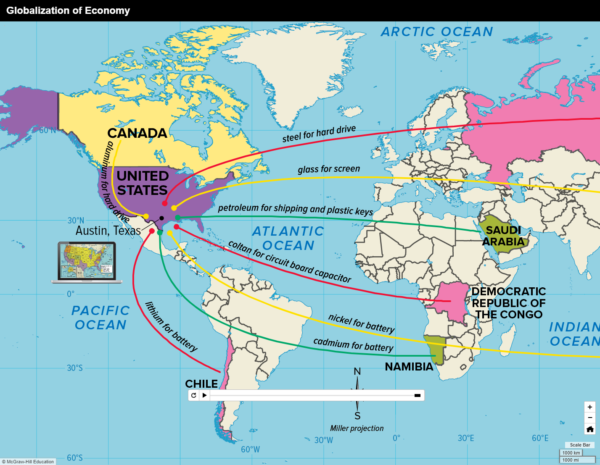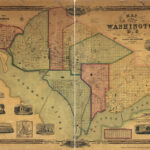- Current Events New Alabama Congressional District Selects Candidates
- Current Events Nebraska Rejects Winner-Take-All Proposal
- Citizenship Voting Under Age 18
- Citizenship Citizenship in Action
- Democratic Party Biden’s and Trump’s Recent Primary Results
- Elections Trump and Biden Win South Carolina and Michigan Primaries
To Tax or Not to Tax?
The United States and China trade about $650 billion worth of goods and products every year. But earlier this month, President Trump announced that he would raise tariffs on more than a thousand imported Chinese goods by 25 percent. This means that it will now cost 25 percent more for those goods to enter our country. Trump’s reasoning is that this will help create newer and stronger manufacturing jobs for Americans. After all–if we can’t buy cheap goods from China, we will have to make our own, right?
As it turns out, it’s not that simple. Here, Election Central takes a look at these tariffs, China’s response, and the potential damage this could cause to American jobs.
What’s Being Taxed?
According to the Trump administration, great effort was taken to make sure that the newly-taxed imports aren’t things that will directly impact American consumers. For example, tariffs on clothes, shoes, and smartphones will mostly stay the same as they were before.
So what will be taxed? Things that won’t impact consumers directly, like heavy machinery and medical devices, as well as electronic components, such as touchscreens. This is in addition to tariffs Trump already imposed earlier this year on steel and aluminum.
But . . . there is a problem. In today’s global market, it’s pretty much impossible to tax just one part of something. Most of the products we use go through an international “supply chain”–for example, American plastics might be made into a product in China, which is then shipped back to the U.S. for purchase. By taxing one part of the supply chain, then, American consumers will wind up with a more expensive product as an end result.
How Has China Responded?
To make matters worse, China has struck back by announcing that it will place steep tariffs on 106 important U.S. imports–everything from manufactured products such as plastics, cars, and SUV’s; to soybeans, pork, and other agricultural products. If these products become more expensive in China, American manufacturers and farmers will be directly affected. They will be able to sell less overseas, meaning that they will lose one of the major markets for their products.
Ironically, of course, these are exactly the workers whose jobs Trump was hoping to protect by enacting the tariffs in the first place.
So What Happens Next?
It is possible that Trump will respond to China’s new tariffs by taxing even more Chinese imports. And then China could respond by taxing more American products, and so on. This is called a trade war. If China and the United States engage in a trade war, the whole global economy will be affected. Luckily, none of the tariffs take effect right away. Hopefully, this means that there is still time for the leaders of the two nations to change their minds and dial back the tariffs, preserving American jobs in the process.




